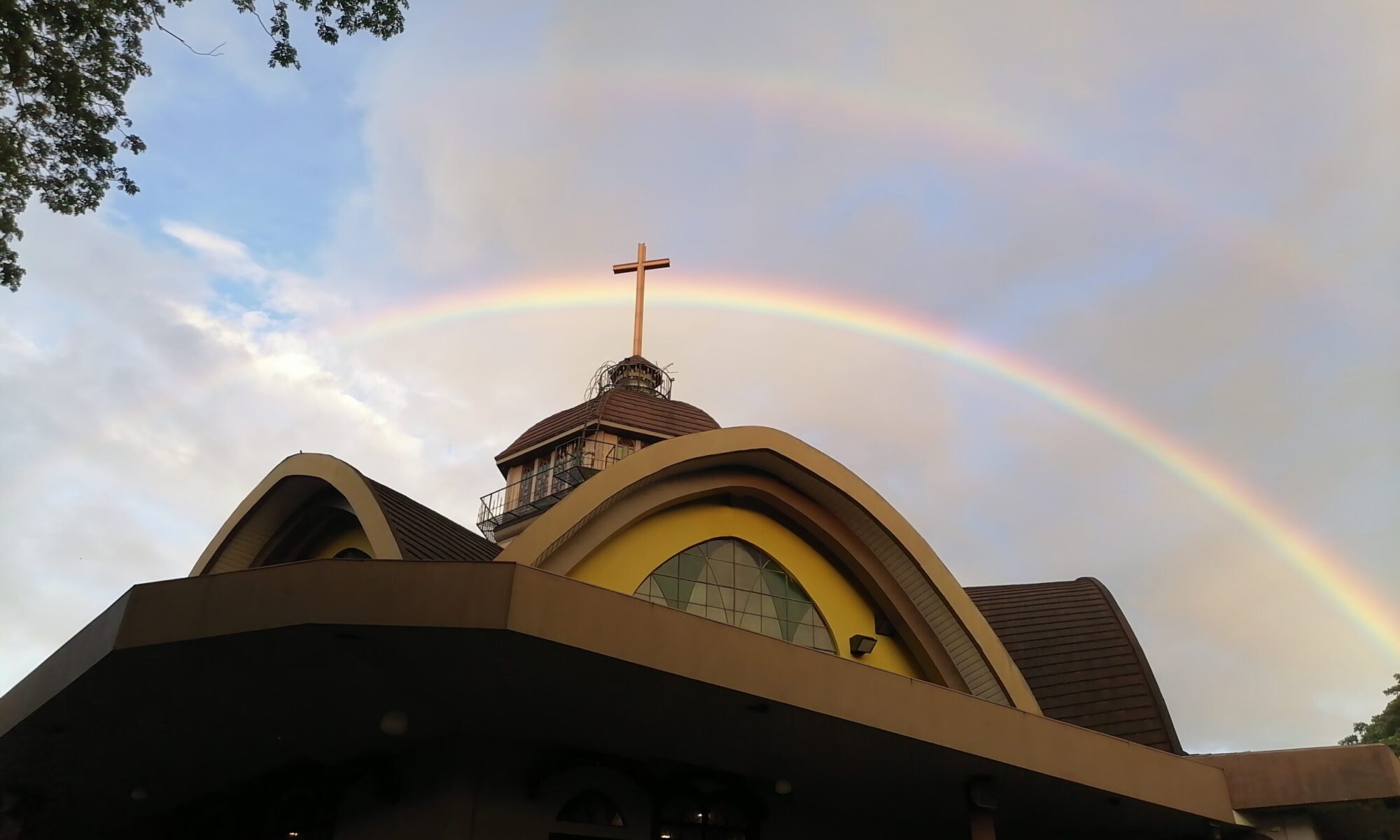 Pope Benedict XVI knows that his main job is to confirm ‘the brothers in their faith.’ Faith is needed to enter the Church. And the Pope must help the Church maintain that Faith which in its initial stages can be lost (as had often happened to the Apostles.) As early as Pope Benedict’s pontificate, he had expressed his general plan to re-evangelize Europe in exactly the same way that it was first evangelized by Peter and Paul and later on in the 5th century by St. Benedict of Nurcia.
Pope Benedict XVI knows that his main job is to confirm ‘the brothers in their faith.’ Faith is needed to enter the Church. And the Pope must help the Church maintain that Faith which in its initial stages can be lost (as had often happened to the Apostles.) As early as Pope Benedict’s pontificate, he had expressed his general plan to re-evangelize Europe in exactly the same way that it was first evangelized by Peter and Paul and later on in the 5th century by St. Benedict of Nurcia.
Last year during the Year of St. Paul (otherwise known as the year of Faith) Pope Benedict encouraged the laymen to repent and believe. Now, the Year of the Priests, he is encouraging the Priests to go all the way, i.e. to repent, to believe, to hope and to love. He made this call during Vespers saying that the priest must tend constantly towards sanctity. Keeping in mind that the contemplative and mystical lives are within the ordinary way towards sanctity, that is a tall order. It means re-learning a whole theological course akin to the “Three stages of the interior life” by Garrigou Lagrange.
Let us look at the game plan of the Holy Father. He first gave us the encyclicals”Deus Caritas est” and now “Caritas in veritate.” Then, in between, he declared the “Year of St. Paul” (which was a call to Faith) and the “Year of the Priests” (which is a call to Charity.) And he hinted clearly that both the laity and the priest should first check if they have Faith (or if they have entered the Catholic Church.) How do we find that out? If we put together the two above encyclicals and the two years he declared (the Years of St. Paul and of the Priests) we would see what an act of Faith is.
Faith is primarily an act of the intellect prompted by the will under the influence of grace. Let us first look at faith as an act of the intellect. Then we shall see how the free will prompts the intellect. To make an act of faith the intellect must be focused on two things: first, on its final goal Charity (which is expressed in “Deus Caritas Est;” and secondly, on its immediate or proximate goal Truth (which is the ‘veritate’ in “Caritas in Veritate.”) The mind, made by God to reflect on Himself, must be sure that it has a right concept of God (“Deus Caritas Est”.) And the mind must also be sure that its immediate or proximate goal lead to that ultimate goal (“Caritas in Veritate”). Both these are unattainable without the grace of God; we cannot understand the two encyclicals without the grace of God.
Grace is given to us when we are free from all mortal sins. And so before anything else we must repent, putting into practice in our lives the three elements of repentance, namely, Prayer, Fasting and Good Works. This is why the “Year of St. Paul” addressed to lay people puts emphasis on the “pure life” that must be attained through a life of repentance.
After living a life of repentance, we receive the grace that we need to be able to focus our intellect on both our final goal and the means towards that goal. It is like thinking of “Deus Caritas Est” as our final goal and thinking of “Caritas in Veritate” as the numerous proximate goals that lead to our final goal.
When we are able to constantly focus our minds on these two goals (as expressed in the two encyclicals) we have not yet reached Faith. The next step is needed.
The faculty of the soul that moves man to perform a human act is the Free Will (symbolized by the Heart.) The intellect has to convinced the free will to approve its final goal (‘Caritas) and the means to that goal (the ‘Veritate’) that it knows. The free will will then instruct the intellect to make an intellectual assent to both the means (Veritate) and the final goal (Caritas) When the intellect prompted by the free will obeys and makes its assent to the first truth (Veritate) that leads to Charity….. that is an act of Faith….little faith, at first.
But that is only the first truth. There are still many other truths which the intellect must learn. It must follow again the same process of the intellect informing the free will of these truths and wait for it to be prompted by the will to assent to these next truths. This is a long process and must constantly be aided by grace.
When the intellect has learned all the truths (veritate) mainly expressed in the Commandments of Christ now he is ready to summarize all these truths in the one commandment of Christ “To love God above all things” and put it into practice. When he learns and obeys all the commandment of Christ…… this is Charity (“If you love Me keep my commandments.”)

